PEOPLE IN THE MUSIC COGNITION LAB
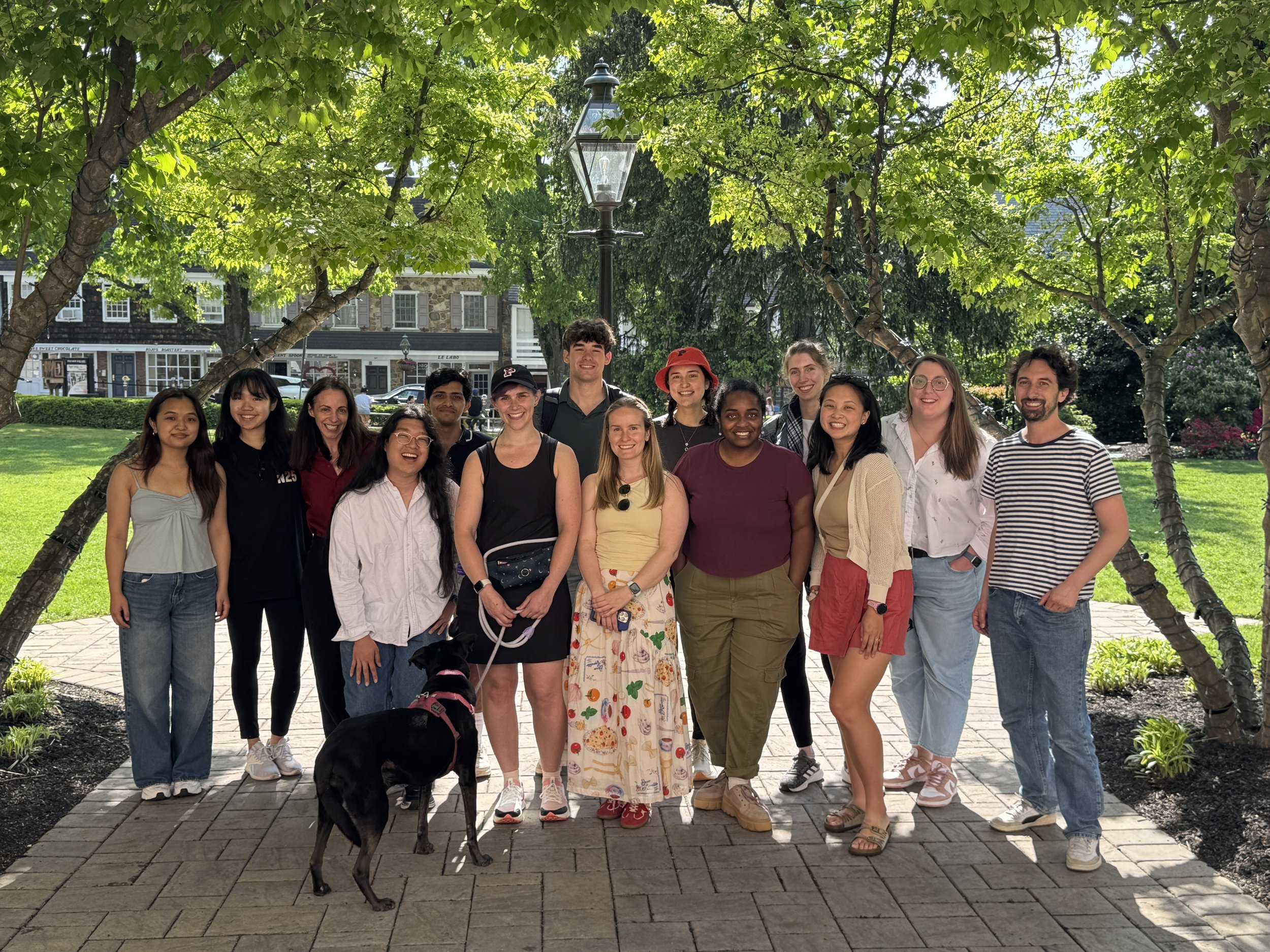
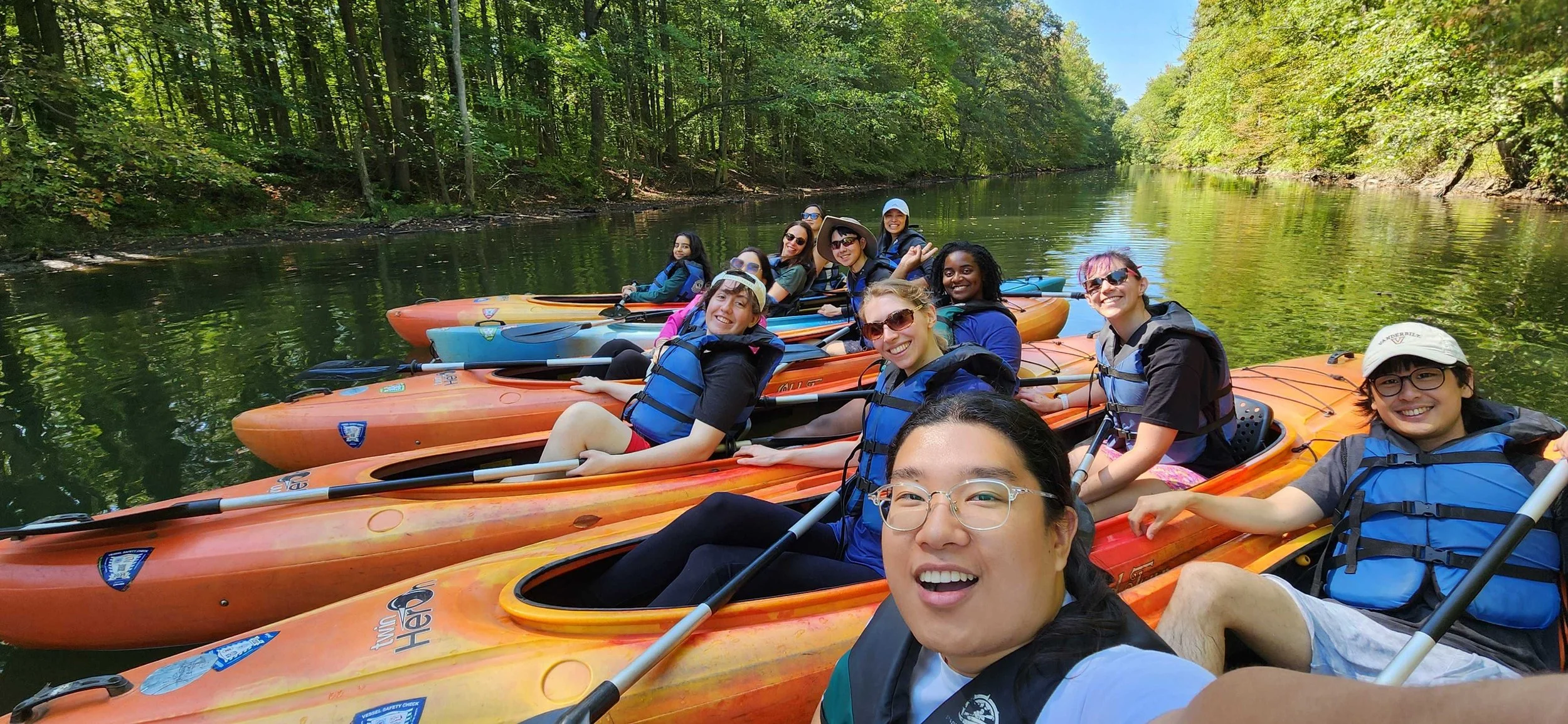
Bryan is a sophomore at Princeton University prospectively majoring in Psychology or Music, with minors in Cognitive Science and Linguistics. Within Music Cognition, he is interested in the study of absolute pitch, including its manifestation and impact on other areas of musical development. On campus, he is an avid singer in the Princeton Chapel Choir, a member of the Composer’s Collective, a captain of the Princeton Rec Tennis Team, and an officer of the Malaysian & Singaporean Students Association. Outside of Princeton, he is big into strategy games/puzzles, a rollercoaster junkie, and a longtime fan of Lady Gaga.
Karen Electra Christianson is a PhD candidate in Musicology at Princeton University, with a research focus in music cognition. Her approach to music cognition is informed by her background as both a musician and a scientist, having formally trained in organ performance, musicology, and biology. As a concert organist, Karen has performed at prestigious venues in North America and Europe, including the National Cathedral in Washington, D.C., the Cathedral of St. John the Divine in New York City, Grace Cathedral in San Francisco, Metropolitan United Church in Toronto, the Salzburg Cathedral in Austria, and the Munich Cathedral (Frauenkirche) in Germany. Karen has performed extensively in England, including at Durham Cathedral, Gloucester Cathedral, Coventry Cathedral, Norwich Cathedral, Ely Cathedral, Westminster Cathedral, and twice at Westminster Abbey, where she gave her London debut in 2013 at age 17. She has also been featured in regional and national radio broadcasts in the USA, including "From the Top" on National Public Radio. Karen completed her undergraduate degree in molecular biology and music at Harvard College, where she served as President of the Harvard Organ Society for three years. She was awarded the Frank Knox Memorial Fellowship from Harvard to complete her Master’s degree in Music at Durham University (UK), where she served as Organ Scholar for Hatfield and St. Chad’s College Chapels. Before starting at Princeton, she worked for two years as a computational biologist at the Broad Institute of MIT and Harvard researching cellular signaling in cancer and neural cell models.
Shreya is a sophomore at Princeton University, majoring in Psychology and minoring in Statistics & Machine Learning and Neuroscience. Within Music Cognition, she is particularly interested in how various musical features impact emotional experiences. On campus, Shreya is the treasurer of the Princeton Psychology Society and a volunteer in Alzheimer's Buddies. Shreya loves singing, listening to music, and baking mango cheesecakes in her free time!
David Getz is a sophomore intending to major in Music with minors in Computer Science and Cognitive Science, with a focus on Music Cognition. He is a member of various performing arts groups on Princeton's campus, including but not limited to the Princeton Nassoons, the Princeton University Glee Club, the Princeton Triangle Club, and the Princeton University Players. Additionally, he serves as a member of the NCW College Council and serves on the voting committee for the PTONYs. After having taken Professor Margulis's Music Cognition course, he wanted to get more involved in the world of Music Cognition and learn more about its various research methods and practices. While not singing or studying for classes, you can find David rigorously organizing his Spotify account, trying various coffee and matcha locations surrounding Princeton's campus, and playing board games with his friends.
Devin Greenwood is an American audio/visual artist and composer of contemporary classical music based in New York City. Inspired by wave phenomena such as weather patterns and collective behaviors, his music centers around a compositional practice he developed with Gideon Crevoshay called antenati—a name which refers to the emergence of spontaneous musical structures from a canon of tension-resolution patterns performed by the composer. In his scholarly work, A New Phenomenology of Meaning in Music, Greenwood highlights the underlying patterns generated by the practice, linking the emergence of musical structures to the oscillatory nature of thought and subjective experience. His visual work—also revolving around the expression of wave phenomena—is focused on obsolete tech such as oscilloscopes, video synthesizers, and 1980s game consoles. He is the co-founder/owner of the Brooklyn recording studio The Honey Jar, and in 2024, he was awarded a doctoral fellowship at Princeton University, where he is pursuing a PhD in music cognition and composition.
Gabrielle Hooper is a PhD student in the Musicology Program at Princeton University. She is interested in using ethnographic and empirical methods to investigate musical interventions for clinical populations with dementia. She completed her undergraduate education at the University of Michigan where she received dual degrees in Cello Performance and Biopsychology, Cognition, and Neuroscience with Highest Honors. She also completed her Masters in Music, Mind, and Brain at Goldsmiths, University of London.
Itamar is a postdoctoral researcher at the Princeton Neuroscience Institute working in the music cognition lab and in the Hasson lab.
In his research, Itamar is interested in how subjective experience is grounded in multimodal processing. Itamar is currently studying the similarity between semantic and neural representations of musically evoked narratives. Listening to music engages our auditory system, visual and motor imagery, semantic associations, sense of self and our autobiographical memories. Can computational tools assist in isolating these components of music listening and the associations between them?
Itamar is broadly interested in leveraging deep learning models for the study of social and higher order cognitive processes in naturalistic settings. This includes processes such as meaning-making in naturalistic social interactions, emotion, self- and other-perception, spontaneous thought or creativity.
Prior to joining the music cognition lab Itamar got his PhD (pending approval) in psychology from Tel Aviv university where he studied computational representations of autobiographical emotions. He has also been involved in research in the neuroscience of pain, creativity, neuromodulation and other interventions in psychiatry.
J. Amber Kao is a Ph.D. student in the Musicology program at Princeton University, pursuing research in music cognition. Her interests center on the embodied nature of musical engagement, exploring how movement and sound shape human connection and meaning. She holds an MS in Music, Mind, and Brain from Goldsmiths, University of London, where she studied rhythmic motor behavior in early development. She also earned an MFA in Dance and a BM in Piano Performance from the University of Michigan, where she taught interdisciplinary courses on music and movement. As a Fulbright Fellow in Taiwan, she conducted choreographic research on ethnic identity and embodiment—work that continues to inform both her creative and academic practice. Her background includes piano pedagogy and curriculum design, serving as Academic Director of the Faber Piano Institute and adjudicator for the Piano Adventures method. She is also a co-founder of IS/LAND, a performance collective for Asian American and Pacific Islander artists, creating immersive works that explore embodied narratives and diasporic resonance.
Jason Kim is an undergraduate student of the Class of 2027 at Princeton University in the Music Department concentrating in Music Cognition with a minor in Neuroscience and Statistics & Machine Learning. Within the discipline, he is interested in the interaction between music and emotion, whether perceived or elicited. Having played the piano since six years old, Jason is currently involved on campus as an Officer of the PUC Student Ambassadors, plays in the Early Music Princeton ensemble, and is learning harpsichord under Wendy Young. Outside of Princeton, he can be found going to concerts in the city or cafe hopping to find the next most-delicious (and picture-perfect) dessert.
Julie Kim is a first-year student at Princeton University, intending to major in Neuroscience with a minor in Statistics and Machine Learning. Her interest in music cognition stems from her experience as a violinist, indulging in Princeton’s chamber music and orchestra. She is currently working with Maddy Kushan, investigating synchrony in singing groups. Julie is also a part of the Princeton Neuroscience Network Outreach Committee. In her free time, she likes to play with her cat or listen to Ariana Grande’s eternal sunshine album.
Maddy Kushan is a PhD student in the Department of Music. Her undergraduate degree, also from Princeton, was in neuroscience, with certificates in cognitive science, vocal performance, and medieval studies. As a member of many vocal ensembles on campus, she is fascinated by the way musicians synchronize during performance.
Chloe is a second-year student at Princeton University prospectively majoring in Psychology with minors in Journalism, Statistics & Machine Learning. She plays the harp with the Princeton University Orchestra, writes for Features and The Prospect with The Daily Princetonian, advises her peers as a Peer Career Advisor with the Center for Career Development, serves as the Alumni Engagement Chair with the Asian American Student Association, sings with the oldest co-ed Ivy League acapella group The Princeton Katzenjammers, and passionately crochets amigurumi part-time.
Daniel is a senior at Princeton University majoring in Computer Science with minors in Music Performance and Asian American Studies. He plays piano and French Horn, and he is currently studying Classical Horn in London at the Royal College of Music. While not abroad, he is member, conductor, and music director to multiple ensembles on campus spanning his favorite genres of classical music and music theater. He is always down to go see a show, just ask!
Simon is a current sophomore at Princeton planning to major in Psychology with a minor in Neuroscience. At Princeton, he enjoys playing jazz piano and constructing crosswords for the New York Times and the Daily Princetonian, where he is the Head Puzzles Editor.
Tiffany is a senior at Princeton University majoring in Neuroscience, with minors in Theater & Music Theater and Music. She is incredibly interested in interdisciplinary research between the sciences and arts and desires to learn more about how the brain responds, on a structural level, to different aspects of music, for example timbre or tempo. She played clarinet for 7 years before transitioning to tenor saxophone, which she now plays in the Princeton University Wind Ensemble. She is the President of Songline Slam Poetry and has been a part of a number of theater productions during her time at Princeton University, often as a member of the stage management team. Additionally, she served 1.5 years as the co-captain of Princeton Women’s Club Basketball and will serve as Treasurer for the club’s upcoming academic year. She also enjoys spending time engaging in civic service, having held mentoring and teaching roles across 3 different organizations, with K-12 students from Trenton, NJ, Boston, MA, and Brooklyn, NY. In her free time, you can find her writing original raps, beatboxing, listening to jazz, or watching classic sitcoms.
Bethany Mariel Suliguin is a sophomore and pre-medical student in the Ecology and Evolutionary Biology Department with a minor in Music Cognition. Playing the piano since she was four years old, Bethany is currently Co-President of the Princeton Pianists Ensemble and makes several arrangements for their concerts. Outside of music, Bethany has a newfound passion for dance, and is an active member in SYMPOH Urban Arts Crew and KoKo Pops Dance Company. In her free time, you can find Bethany curating another one of her many Spotify playlists, sipping on boba, or rearranging her many stuffed animals.
Hannah Wilkie is a PhD student in the Musicology program at Princeton University. She is interested in the relationship between music, space and aesthetic experience. Hannah completed her BA degree in Music at Gonville and Caius College Cambridge, where she was also a senior scholar. Her MPhil dissertation at the University of Cambridge’s Centre for Music and Science explored interactions between digital room acoustic parameters and musical emotion, and was supported by a Cambridge Trust and Clare Hall Boak Masters Studentship. Beyond her academic studies, Hannah has performed as a cellist and choral singer.
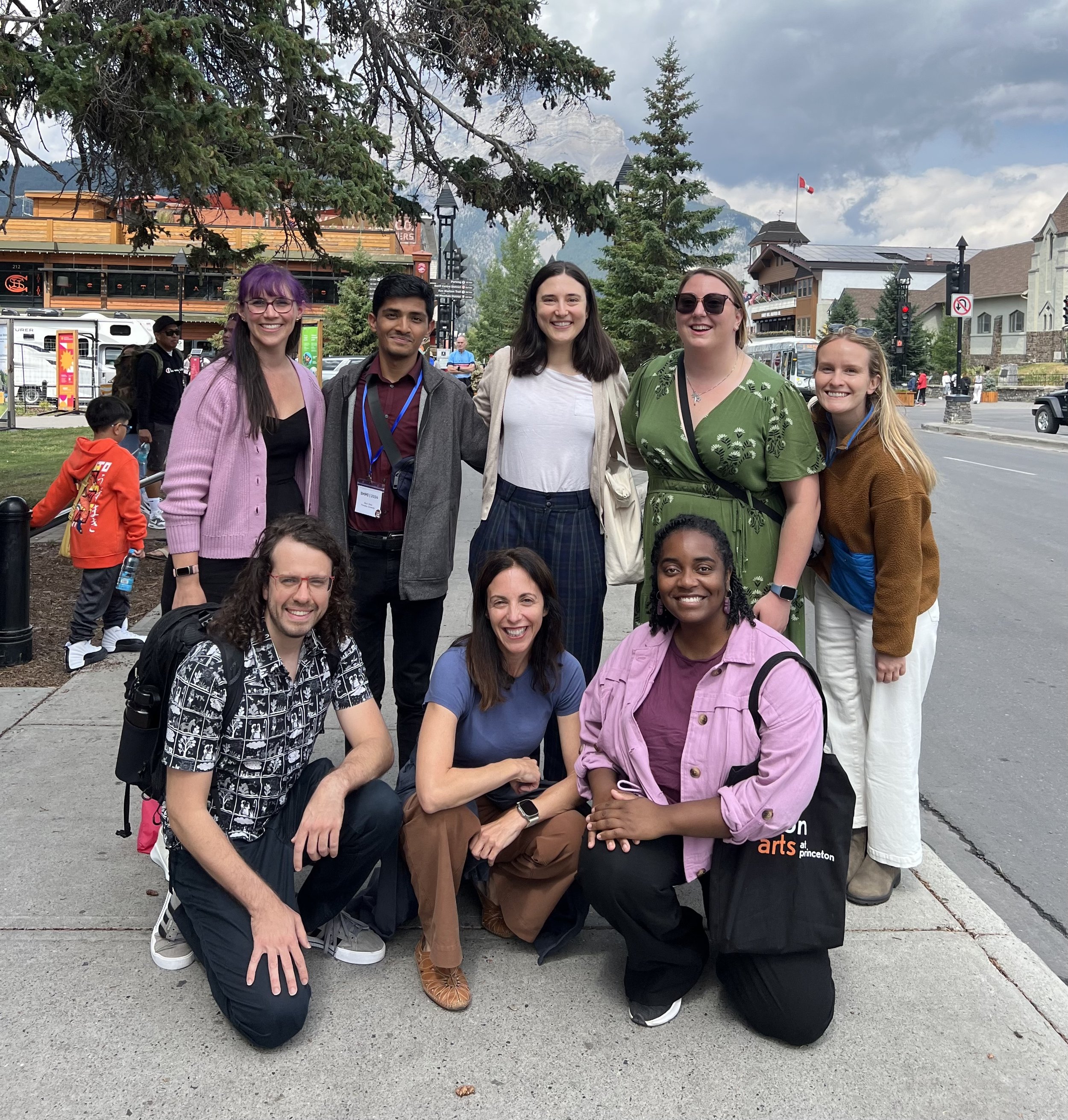
SMPC 2024, Banff, Canada

ICMPC 2023, Tokyo, Japan
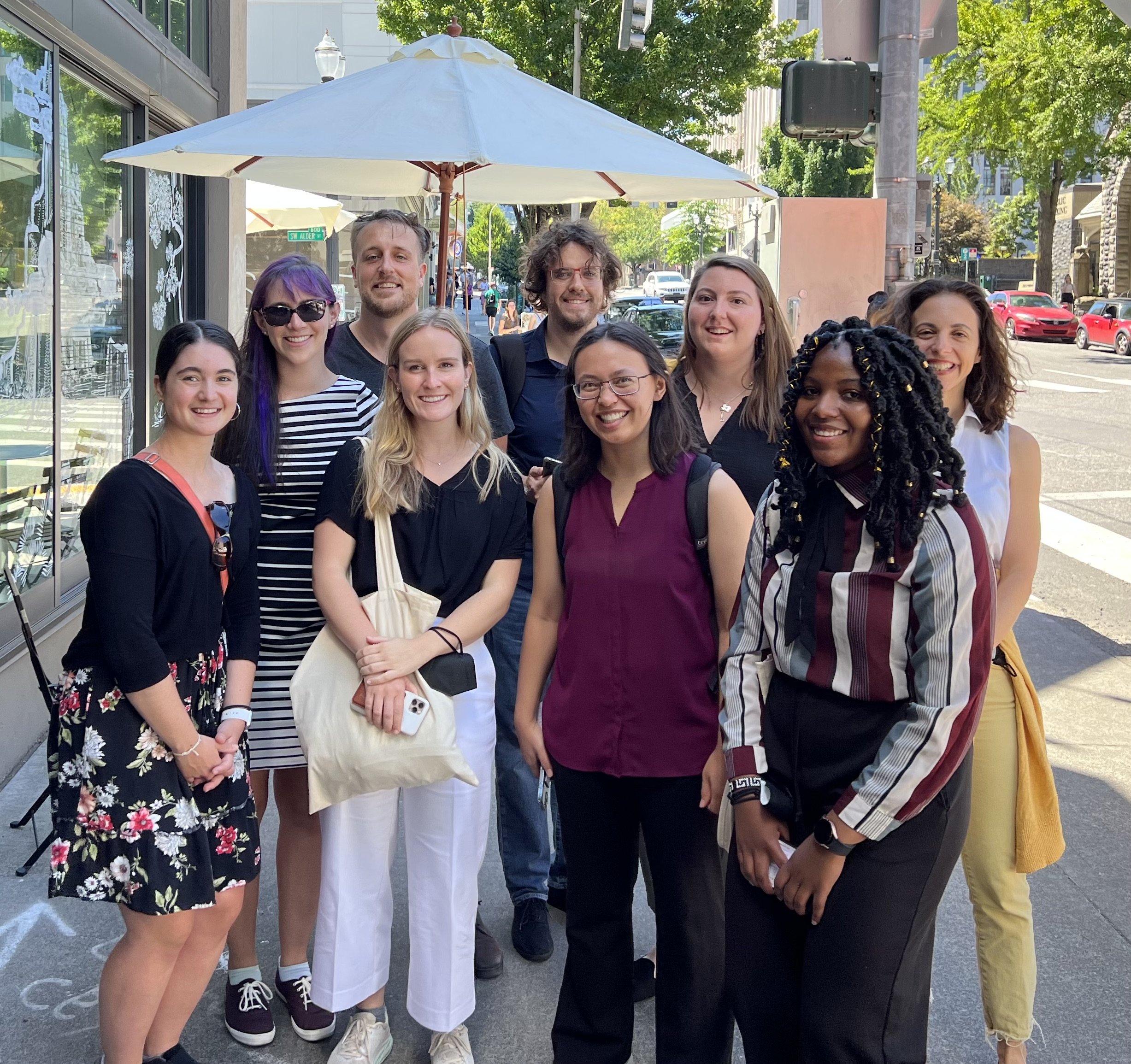
SMPC 2022, Portland, OR

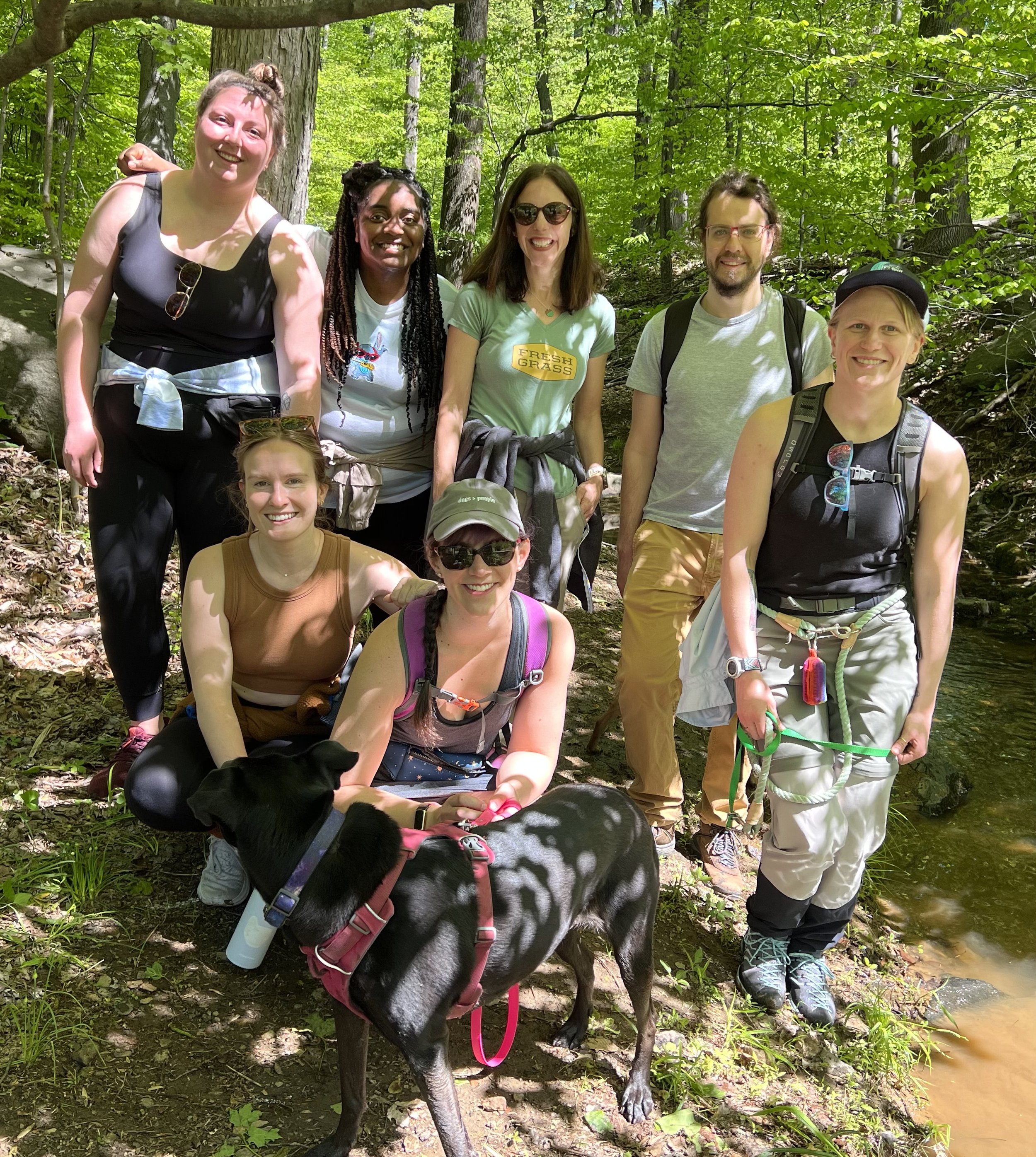
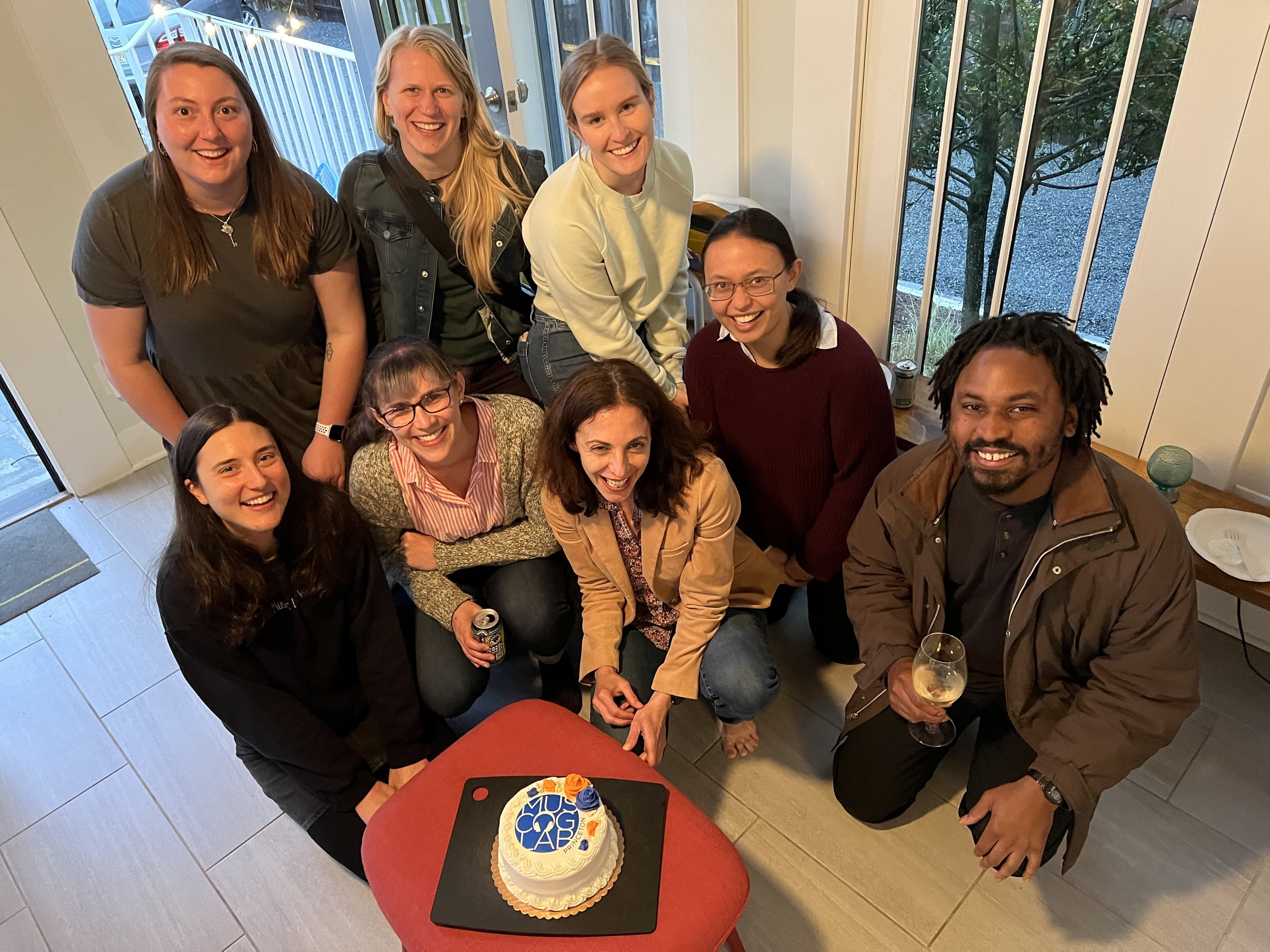








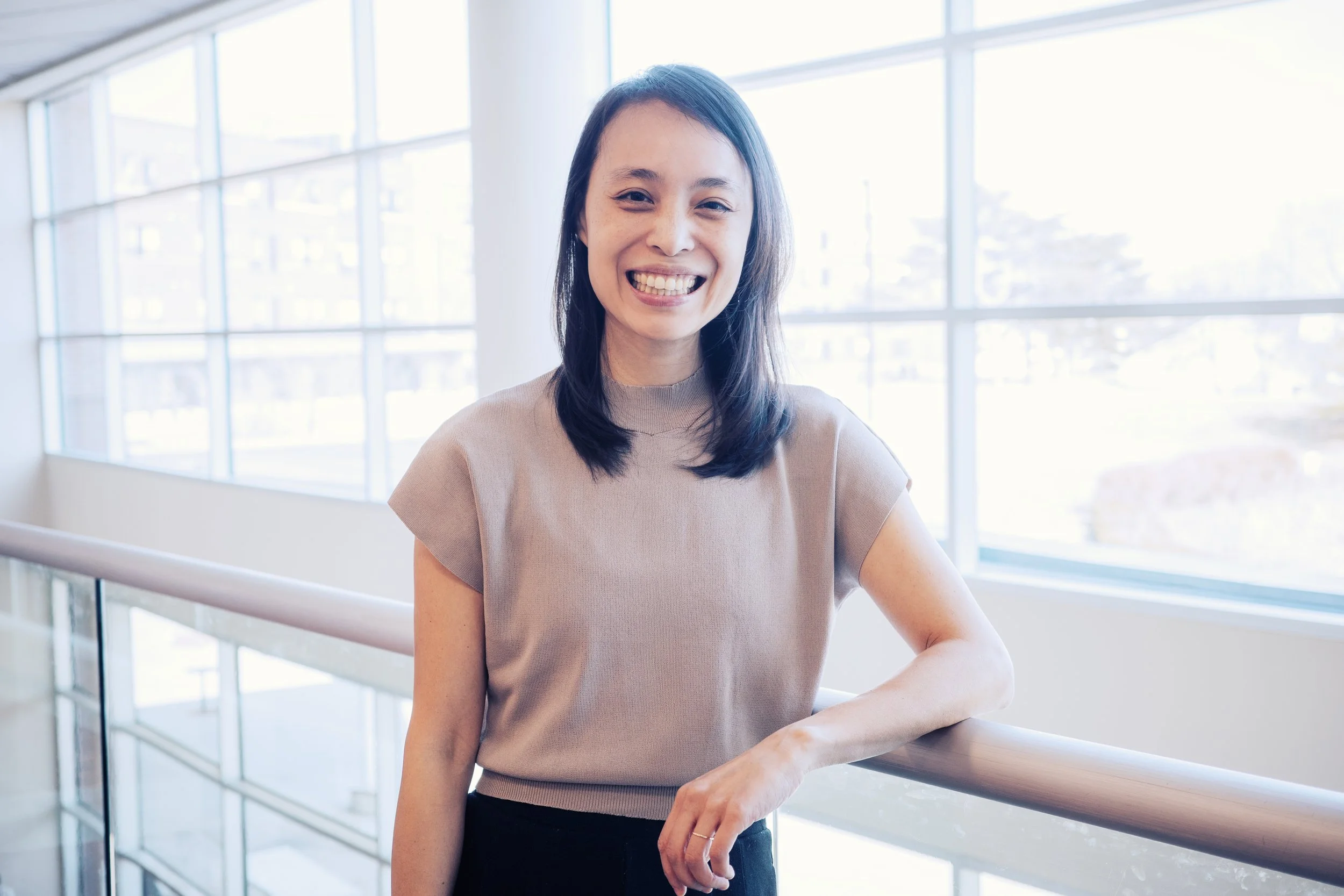


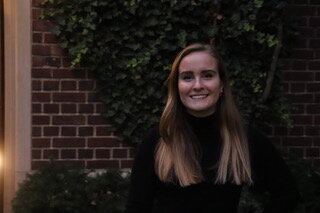






Youssef Amin is a first year PhD-student in the Musicology program at Princeton University. Prior to joining the lab, he worked on fMRI studies of group behavior in the Krosch Lab at Cornell University. He has a B.A. in Psychology and a B.M. in Piano from Ithaca College. He received an M.A. in Psychology from New York University, where he studied attentional tracking in contrapuntal music under the tutelage of Claire Pelofi. His broader research interests include emotional and attentional processes in music. He is particularly interested in perception of motivic material in music, and its role in narrativization and emotional responses. Outside of the lab, Youssef likes to spend his free time exercising, dancing, and reading history & politics.